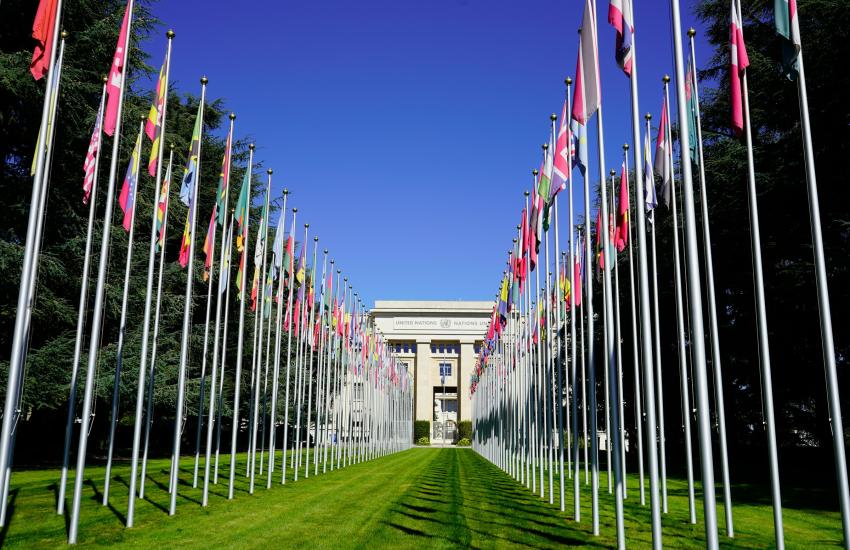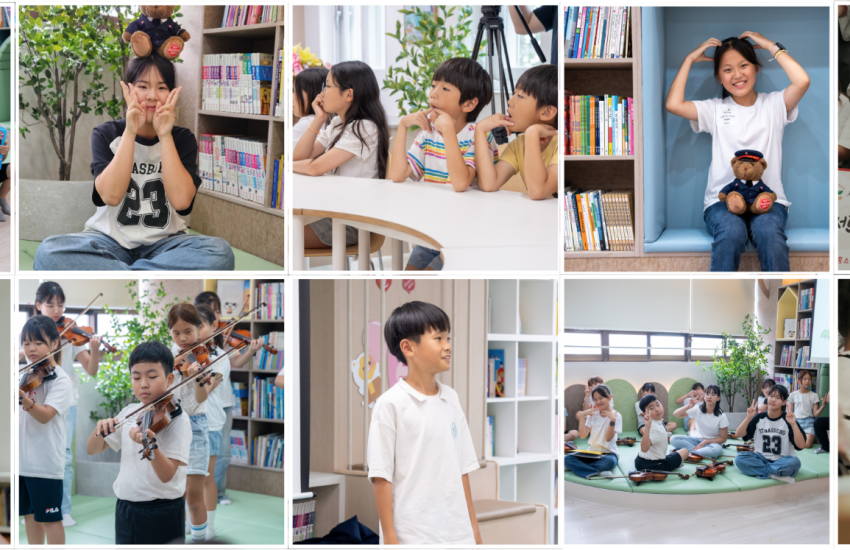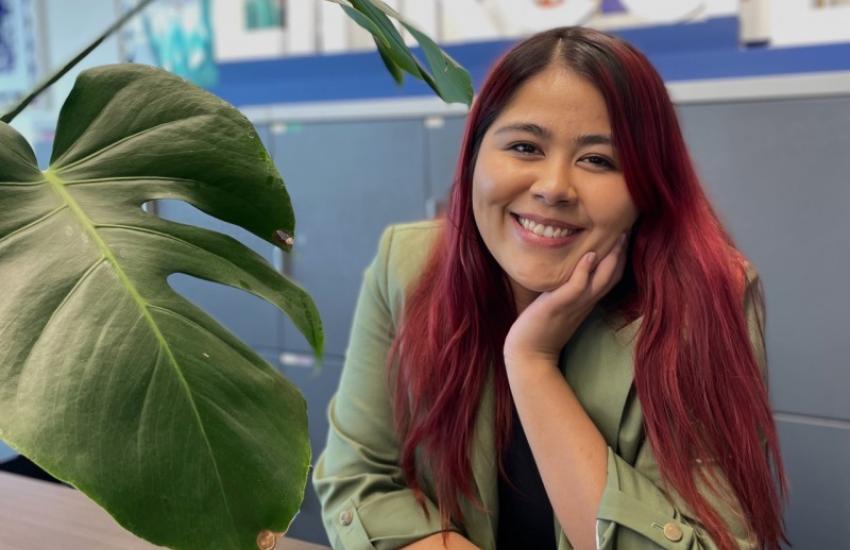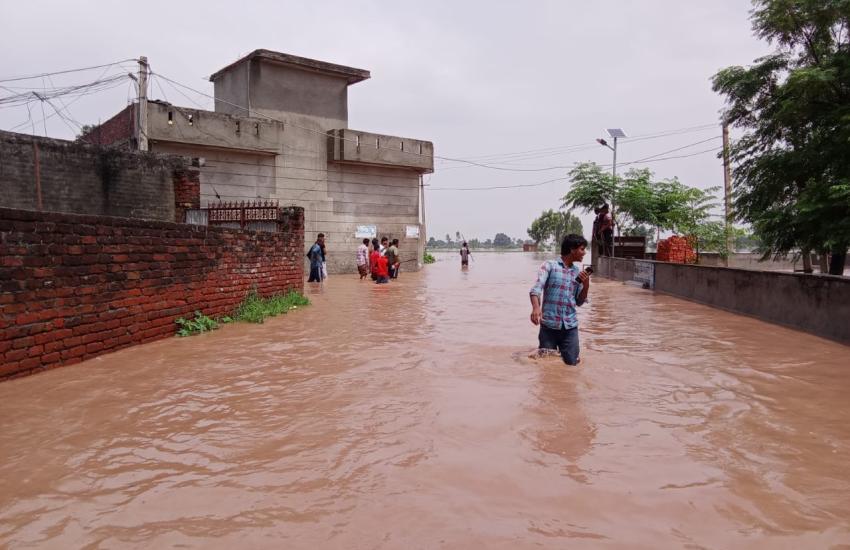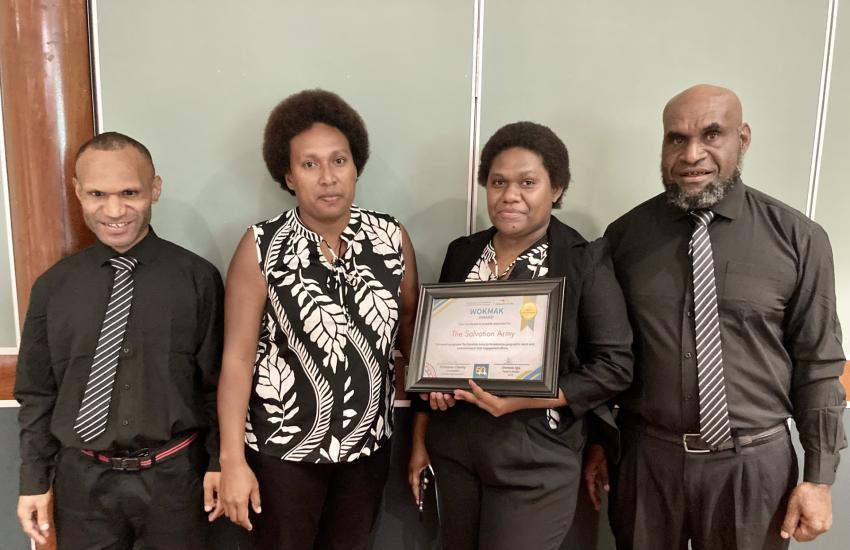by Major Seth Le Leu
IT'S easy to assume you know everything about a country from the way it's portrayed in the media. I found out just how wrong that view can be – or, at least, how one-sided – when I travelled to North Korea to see a venture The Salvation Army has entered into.
The Movement has taken a small but historic step to engage with the Democratic People's Republic of Korea (DPRK). Through a friendship established between the Army in Switzerland and the DPRK embassy there, the North Koreans asked the Army to install a yoghurt packaging machine on a dairy farm in their country. The request was accepted, and The Salvation Army in Switzerland and Australia agreed to jointly fund the venture.
I was privileged to be part of a five-member multinational team from Hong Kong, Australia, New Zealand and Switzerland who went to make an assessment of the project. During our week there we travelled 3,000 kilometres throughout the country and discovered some of its unique features.
North Korea is a beautiful country which, if it were not so isolated, would make a great tourist destination. And if I expected to see an unhappy people, suffering because of their country's isolation, I was in for a surprise.
The people are industrious and proud. Local communities are entrusted with the upkeep of the roads in their area and everywhere we travelled there were teams of local people engaged in road repairs as part of their community service. It would be a brave mayor in the west who would suggest such a scheme in order to reduce local taxes!
The country’s economy is built on an agricultural foundation which relies on manual labour. Vast numbers of the population work the land and as we travelled we saw the harvest progressing. Teams of people with hand scythes were reaping the precious rice and maize which was loaded onto bullock carts to be taken to the stores.
Each house in the rural areas had its own garden filled with vegetables, and in many places this produce was on sale from small roadside stalls. However, the North Koreans fear that all this work is not enough to ward off recurrent famine. To this end the government is engaged in a process of diversifying food production.
For example, on one of the farms we visited ostriches were being farmed and their eggs were on sale in a supermarket in Pyong Yang. Another initiative to enhance food supplies is the establishment of a dairy industry. Dairy products are not a traditional food source in Korea, but for the past six or seven years the North Koreans have been working with the Swiss government to develop goat milk production and products. Children in kindergartens receive yoghurt from the dairy farms and the rest is sold in nearby towns. As people become more accustomed to these products the demand is growing and there is a need to provide machinery to package the yoghurt, which is where The Salvation Army comes in.
One of the members of the team, Andri Stucki, the manufacturer of the machine, was able to spend time with the dairy workers, who were eager to learn more about how it should be maintained.
The dairy at Gynam is efficiently run. The equipment is well used and kept immaculately clean. We had to try the product and I confess to being nervous as I had never tasted goats’ milk yoghurt before. It was very good!
The packaging for the yoghurt has the Salvation Army red shield logo on it, and this will be the first thing The Salvation Army will be known for in North Korea. In other dairies we visited we tried some excellent local cheeses and butter, but yoghurt is the preferred product and at each dairy they requested a packaging machine. Another benefit of the project is that when the yoghurt is packaged the value of the product increases and the farmers are able to benefit from the added value. As an anti-famine strategy the industry has a logical basis that should be engaged with.
We met with representatives of other organisations working in North Korea, including a United Nations staff member who is working in the north of the country. He told us that in this needy area, when they partner with a local community to develop a water and sanitation project, the local community always meets the expected plan and their work is of the highest standard. The amount of work needed is daunting, but there are good results. We also met some Australian scientists working with Korean colleagues in the Ministry of Agriculture. They said the Koreans are very eager to learn new techniques which will improve their capacity to feed the nation.
I learned much about the people of the DPRK during our visit. They are nervous about engaging with the outside world but are prepared to do so. It will take time to understand North Korea. Similarly the North Koreans will need to understand what The Salvation Army is. When a country like North Korea engages with the outside world we need to respond at its pace. Such constructive engagement will reap positive results.
